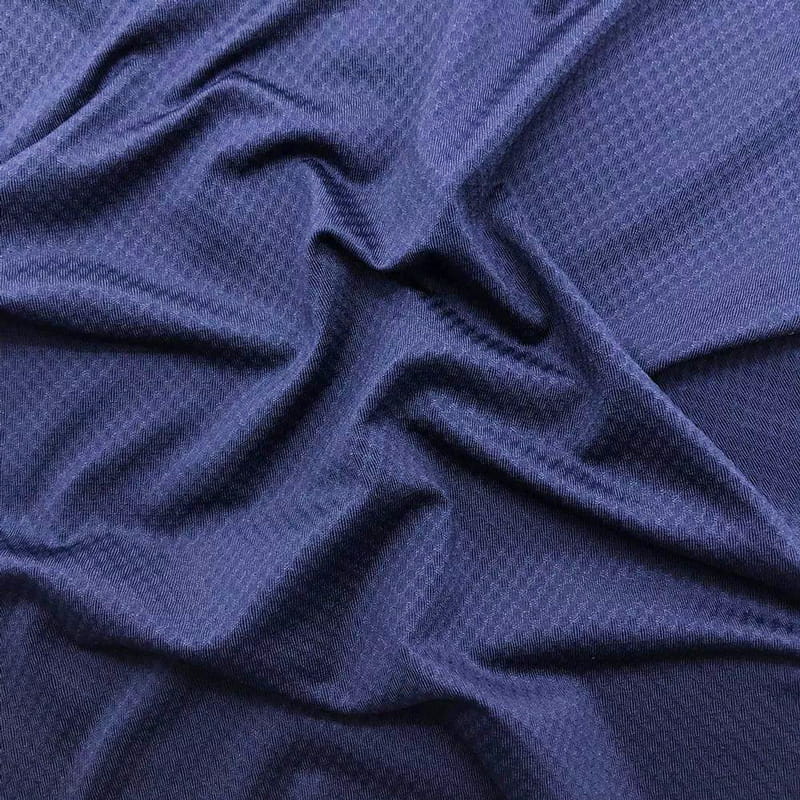Using eco-friendly recycled fabric can significantly enhance a company's brand image in today's environmentally conscious market. As consumers increasingly prioritize sustainability, businesses that adopt eco-friendly practices demonstrate their commitment to environmental responsibility, which can bolster their reputation and attractiveness to conscientious consumers.
Eco-friendly recycled fabrics offer several advantages over traditional materials. They are typically made from post-consumer waste such as plastic bottles, discarded clothing, or industrial waste, which reduces the demand for virgin resources and minimizes the environmental footprint associated with textile production. This closed-loop approach not only conserves natural resources but also helps in reducing landfill waste and lowering greenhouse gas emissions compared to conventional fabric manufacturing processes. Moreover, the production of recycled fabrics often consumes less energy and water, further contributing to sustainability efforts.
From a branding perspective, companies that integrate eco-friendly recycled fabrics into their products signal their alignment with sustainable values, appealing to a growing demographic of eco-conscious consumers. Such initiatives can differentiate a brand in a crowded marketplace, attracting environmentally aware customers who prioritize products that align with their values of sustainability and environmental stewardship.

Additionally, the use of eco-friendly recycled fabrics can enhance brand credibility and trustworthiness. It demonstrates a proactive approach towards environmental responsibility, beyond mere compliance with regulations, showcasing a commitment to ethical business practices. This transparency can resonate positively with stakeholders including customers, investors, and employees, fostering long-term loyalty and enhancing brand equity.
Moreover, leveraging eco-friendly recycled fabrics can provide strategic advantages in marketing and communications. Brands can effectively communicate their sustainability initiatives through various channels, highlighting their use of recycled materials as part of a broader commitment to corporate social responsibility. Such storytelling not only educates consumers about the environmental benefits of their products but also cultivates a positive brand narrative that resonates with socially conscious consumers.
In conclusion, integrating eco-friendly recycled fabrics into product lines can have a profound impact on a company's brand image. Beyond the tangible environmental benefits, such initiatives can enhance brand perception, attract environmentally conscious consumers, and differentiate the brand in a competitive marketplace. By embracing sustainable practices, companies not only contribute to global efforts towards environmental conservation but also position themselves as leaders in ethical and responsible business practices, ultimately strengthening their brand in the eyes of consumers and stakeholders alike.


 English
English 中文简体
中文简体


.jpg?imageView2/2/format/jp2)











